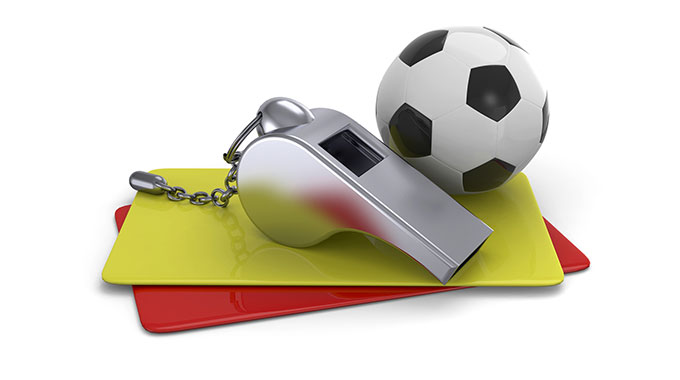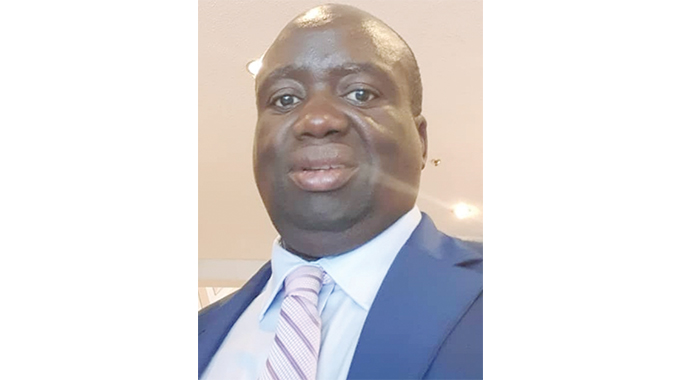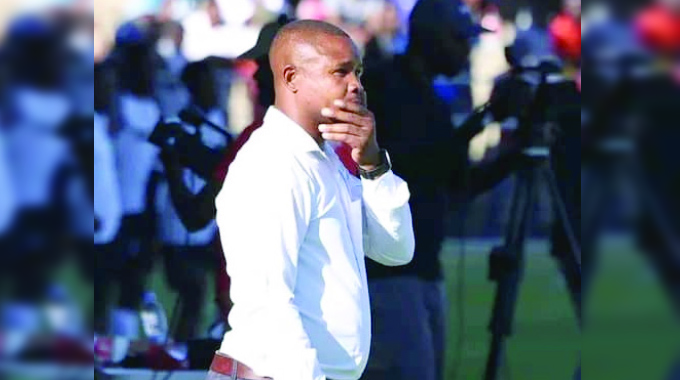Referee training courses should instill a sense of fairness

Dingilizwe Ntuli, Sport Editor
REFEREEING in any kind of sport should be about fairness and nothing else.
Referees are simply arbiters of opinions of the two sets of players on the field and theirs is to balance the opposing opinions in an impartial manner.
Their decisions and conduct must be compatible with fair play at all times, but how often have we witnessed match officials deciding the outcome of a game through their irrational decisions.
For example, referees in football have wide-ranging powers as defined in Law 5 of the game’s statutes, and the exercising of such power requires a high level of ethics from the match officials.
Part of Law 5 in the laws of the game specifically deals with a referee’s role in a game and governs his or her conduct.
Part of Law 5 reads: “Each match is controlled by a referee who has full authority to enforce the Laws of the Game in connection with the match.
“Decisions will be made to the best of the referee’s ability, according to the Laws of the Game and the spirit of the game and will be based on the opinion of the referee, who has the discretion to take appropriate action within the framework of the Laws of the Game.”
The law also states that the referee’s decisions regarding facts connected with play are final and must always be respected.
Therein lies the contention because it’s difficult for teams and fans to accept some glaringly skewed decisions that some referees make hiding behind the powers vested in them by Law 5 of the game.
Only referees and assistants of integrity can properly exercise such vast powers to leave both contesting teams and fans satisfied despite the result.
Unfortunately in the Zimbabwean game, we have constantly witnessed rampant abuse of such power by our referees in most league and cup games.
Instead of games centering on the two contesting teams, far too often our referees and their assistants hog the limelight for their poor officiating.
Most fan disturbances in domestic matches are ignited by poor calls made by referees.
The Zimbabwe Referees Committee held a refresher course and physical fitness tests in Bulawayo last weekend, and hopefully, those that passed were also taught that applying logic and common sense should go hand in hand with the laws.
It is a futile exercise to assign a referee that doesn’t apply logic and common sense because every decision they make and the outcome of the game will be contested.
The law says the referee’s decision is final, but that doesn’t mean every decision the referee makes is correct.
Decisions must be rational, fair, reasonable and reliable.
Referees shouldn’t expect all players, officials and fans to bow down and respect them when they make controversial decisions on the field and then seek to hide behind the laws of the game when confronted.
The referees’ committee must teach all its match officials to treat players with due respect when speaking with them and not threaten to caution them for dissent even when their queries are genuine.
Being unnecessarily rude when speaking with players causes friction and suspicion, and once there is mistrust from the players, they will contest every decision the referee makes, causing confusion and the whistle man or woman to lose control of the match.
It is generally accepted that it’s almost impossible to guarantee 100 percent fairness and impartiality, but that doesn’t mean referees can’t always strive to maintain discipline and fair play by making unbiased and transparent decisions in any match regardless of which teams are playing.
There are some referees that are now known to harbour biases against or favouritism towards certain teams and unfortunately, their conduct and handling of games involving those teams has not done anything to dispel those suspicions.
In fact, they are so predictable that they behave in the very manner they have built a reputation for, giving very little reason for players and fans to appreciate their work.
What is quite sad is that referees committee continues to appoint them to handle matches involving those very teams that complain about their conduct, which always tends to be proved.
They ought to understand that controversial decisions feed into hooliganism that has been on the increase in the local game, resulting in innocent people being injured and property being damaged when violence rears its ugly head.
The Premier Soccer League begins next weekend and we hope all referees can reflect on their past conduct and pledge to improve their performances and handle every game with integrity.
The good thing is that all matches will be played in empty venues without fans and the referees and their assistants can test themselves without pressure from fans that sometimes forces them to make decisions in appeasement.
This time it will just be the two teams, their officials and the match officials.
If they fail the impartiality test without fans present, then our football is doomed.
Referees can’t continue to handle matches as fans or adversaries of any team.
Fans and competing teams just want match officials that are free of emotion, have no loyalty or show any sign of favouritism to either side.
It’s about time our referees develop a reputation for complete impartiality, honesty and passion for the game and its laws and not this predetermined attitude they handle matches with.
We hope the referees’ committee will sanction referees that constantly stoke controversies in games they handle through their poor decision-making.
No referee should be assigned a match involving teams that he or she is known to show certain biases, true or imagined, and referees themselves must turn down appointments whenever they feel they aren’t physically or psychologically ready for them.










Comments